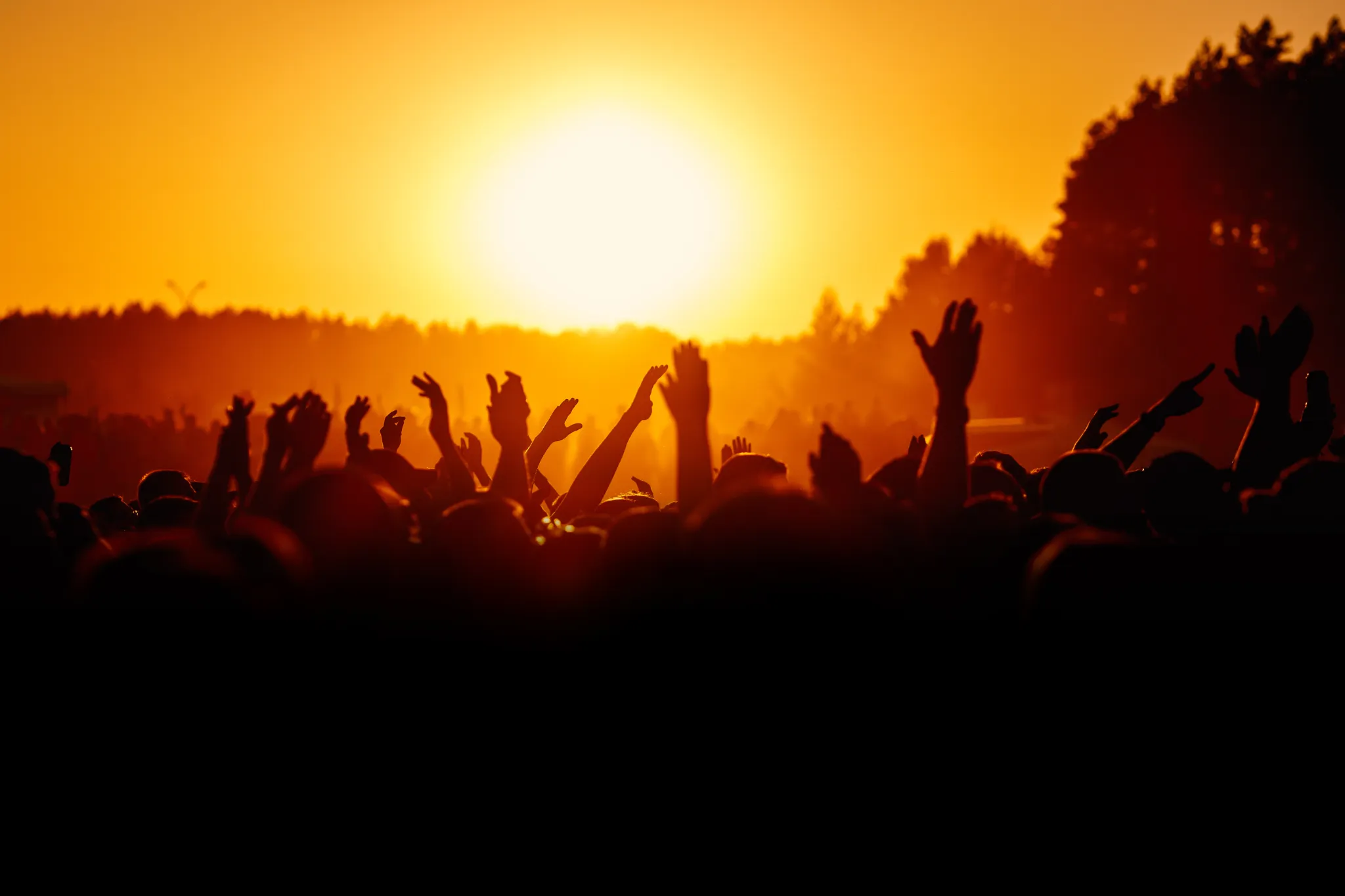Explainer: What is ‘sportswashing’, and how does it threaten democracy?

Disclaimer: Opinions expressed in this commentary are those of the author and do not necessarily represent the institutional position of International IDEA, its Board of Advisers or its Council of Member States.
We are now five days into one of the most controversial World Cups in footballing history. The controversy lies not in the football that has been played but the way in which the tournament is being used by its host, Qatar, a country with a limited footballing pedigree and a troubling human rights record. The starkness of this case makes it a useful context against which to explore the relationship between sportswashing and democracy.
What is sportswashing?
Whilst there is no single authoritative definition of sportswashing, there is broad consensus on its core elements: it is a phenomenon in which (1) sports are used (2) by a state or non-state actor (3) to launder the actor’s reputation. The manner in which sports are exploited in this way is theoretically unlimited, but the most common include: hosting sporting events and owning or sponsoring sports teams and competitions. While the term has traditionally been applied to a narrow range of authoritarian state actors outside of the West, neither geography nor regime-type form part of most definitions.
Has sport ever strengthened democracy?
The capacity of sports to engage people’s passions, to generate attention and to bridge cultural and geographic divides, means that it can be a powerful tool for those seeking to promote policy or social change. Over the past two decades, the United Nations and international development agencies have had success in using sports programming to empower women and girls, fight discrimination and build peace. Sport has also played an important role in national reconciliation efforts - President Nelson Mandela’s embrace of South Africa’s national rugby team during the World Cup of 1995, then a symbol of the newly fallen apartheid state, is regarded by many as an outstanding example of this. Indeed, sports governing bodies, such as the International Olympic Committee (IOC) and the Fédération Internationale de Football Association (FIFA), can leverage their status and high-profile events to promote human rights. One success story was the IOC’s creation of a Refugee Olympic Team in 2015, which has provided an important platform for refugees and refugee issues. However, the overall track record of these efforts so far is mixed and FIFA’s recent claims that the upcoming World Cup spotlight has prompted welfare and labour reforms in Qatar have been found to be largely overblown.
Can sportswashing damage democracy?
As a form of reputation laundering, sportswashing works to enhance the legitimacy of wrongdoers and shield them from the negative consequences of their conduct. In so doing, it can embolden a sportswasher to commit further wrongdoings and help perpetuate weak governance. Of course, as the build-up to the World Cup in Qatar has illustrated, high profile sportswashing often attracts a great deal of critical attention, which raises reasonable questions about the extent of the danger that it presents. However, history suggests that such criticism tends to subside once the sport is underway - although at this early stage, it appears the World Cup in Qatar may buck this trend. Additionally, the existence of criticism does not in and of itself mean that sportswashing is not working – what sportswashers seek is a net reputational gain. In achieving this they can often rely on the support of powerful voices from within sports governing bodies, as was amply demonstrated in the speech given recently by FIFA’s President Gianni Infantino, in which he attacked Qatar’s critics and played down their rights concerns.
It is important to note too that it is not only the democratic performance of the sportswasher’s state that this phenomenon threatens. Recent research on the English cities of Manchester and Newcastle documents how their local democratic institutions have been weakened by the growing influence of the controversial Gulf investment funds that own their football clubs. It details how the halo effect that the owners have achieved in bringing success to these cherished clubs has been sufficiently powerful to deter criticism of their human rights record from the local press and politicians, who fear displeasing fans and advertisers.
What can fans do about sportswashing?
The immense size of the sports industry and the power of the individuals involved in sportswashing can leave the average fan feeling impotent. However, scholars have recently argued that fan and athlete activism have an important role to play in resisting the phenomenon. They explain that sportswashing’s potency lies in its capacity to use the strong emotions and identities associated with sport to distract from or minimise the sportswasher’s wrongdoings, and that the strategy rests on them being able to separate these wrongdoings from the sports event or team being used for this purpose. When fans and athletes draw attention to abuses, particularly from within the emotionally charged atmosphere of a stadium, they undermine this separation and limit the event’s ability to distract. Perhaps, therefore, as the World Cup progresses, we need to recognise our agency and defy FIFA’s plea to “focus on the football” by continuing our conversations about the plight of Qatar’s migrant labourers and it’s LGBTQIA+ community and by lending our support to the footballers who decide to take action.




